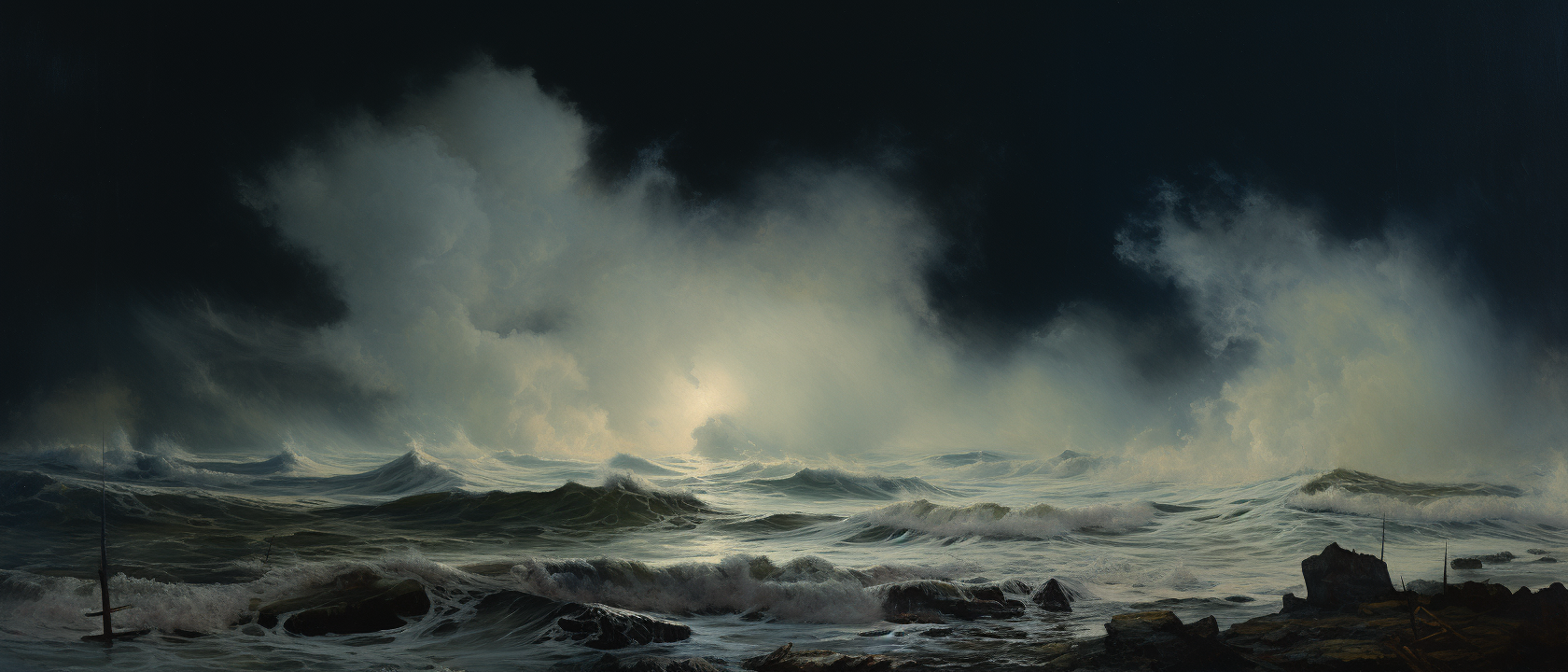
The podcast episode features John Ruddick, a member of the New South Wales Parliament representing the Libertarian Party. Ruddick offers a unique perspective on climate change, which he terms "global boilingism," equating it with a form of religion for those who have abandoned traditional faiths.

The podcast episode features John Ruddick, a member of the New South Wales Parliament representing the Libertarian Party. Ruddick offers a unique perspective on climate change, which he terms "global boilingism," equating it with a form of religion for those who have abandoned traditional faiths. He asserts that political and media discourse is dominated by this new belief system, which he views as a mass delusion akin to historical examples of collective hysteria.
Ruddick provides a detailed account of his experiences in politics, including his approach to delivering his maiden speech in the NSW Parliament. Unlike conventional speeches, which often delve into personal narratives and platitudes, Ruddick chose to focus on ideological points, particularly criticizing the common narrative around climate change.
He shares anecdotes about the political climate in Australia, the influence of the media, and the role of figures like Al Gore in shaping the global conversation on climate change. Ruddick is critical of the mainstream acceptance of climate change and global warming, or "boiling," as he prefers to call it, and he argues that this acceptance is not based on solid scientific grounds but rather on fear-mongering and misinformation.
Ruddick outlines the political landscape in Australia, describing the composition of the NSW upper house and the dominance of major parties similar to America's Democrats and Republicans. He also notes the challenges faced by minor parties and independents in such an environment.
The conversation touches on the parallels Ruddick sees between religious belief and the fervor around climate change, suggesting that in the absence of traditional religious adherence, people have latched onto environmental causes with a zeal that mirrors religious conviction.
The podcast episode with John Ruddick serves as a reflective piece on the intersection of climate change politics, media influence, and the human need for belief systems. Ruddick's insights and critiques of what he calls "global boilingism" suggest a strong skepticism towards the mainstream narrative on climate change. He portrays the movement as a quasi-religious phenomenon that has captivated societies, particularly in affluent countries, and he questions the motivations and beliefs of its most prominent figures. Ruddick's conversation also touches on the political dynamics in Australia and his role as a libertarian voice in the NSW Parliament. His perspectives challenge listeners to consider the broader implications of climate change advocacy and the potential for mass beliefs to shape policy and societal norms. Whether one agrees with Ruddick or not, his viewpoints contribute to the ongoing discourse on environmental issues and the role of ideology in public life.